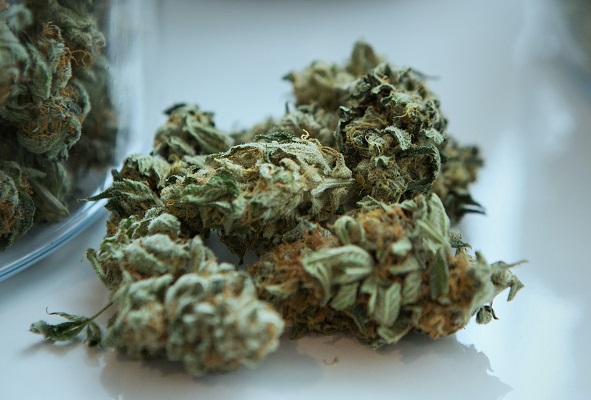The legal weed industry is in crisis. Black market competition is driving down prices, making it difficult for approved growers and dispensaries to maintain their profits. They say the market will collapse ” if common sense, practical reforms are not enacted urgently.”
According to Isaac Foster, co-founder of wholesaler Portland Cannabis Market, when legal sales in Oregon first started, a pound of marijuana would have cost $3,000 at wholesale, but today it might cost $100 to $150.
So weed was overpriced, and the free market works? That’s great news. Let’s try that with prescription drugs, energy, and – well, everything. Hundreds of billions of dollars would be freed up annually to find more productive uses in the real economy.
Granted, extra money in the hands of someone who is stoned is going to end up in the pocket of the nearest convenience store owner in exchange for Twinkies, Doritos, an Ice Cream Cake, cans of Chef Boyardee, skittles, and beer, but it expands the economy in legitimate ways.
According to a poll performed by Whitney’s consultancy company, Whitney Economics, only 24 percent of cannabis-related businesses nationwide are profitable, a significant decline from 42 percent last year.
I think you can guess what the preferred solution to that is—government subsidies, which is ridiculous. The folks in the black market are making money hand over fist. The problem isn’t the cost of production and delivery. It is – as it always is – government interference and regulation.
And this is not a call for blanket decriminalization or a wide open, unregulated market for weed, but as I noted here in 2019,
I could care less if you smoke pot. I have cared a great deal about the effort by various factions to get the state’s permission to grow or use the stuff. That was always going to come with strings and taxes. More government not less. A regulatory system, inspectors, and more enforcement. California is proving me right.
The government wrecks just about everything it touches, which is why we advocate limited government and free markets. Legal markets with limited oversight will always have hiccups, but they are the best way to match price with demand with some measure of safety and quality control.
Keep customers safe and happy, and they will return.
State legalization has nothing to do with compassion or caring or a libertarian tick. They saw it as a taxable cash cow to support profligate spending, in some cases taxing the product to such a degree, making the black market so successful that approved vendors couldn’t survive.
If legal weed dies, it is because of the government. Then where will they go to replace the taxes they’ve already spent, or will they price fix and tax you more to prop up the new cartel while increasing enforcement against the black market to protect the cartel?
Irony laert, anyone?
Legalization was supposed to reduce enforcement, but we already knew that wouldn’t work.
California’s dance with legal use presaged this problem. Illegal growers dominated , resulting in more policing, not less.
I’d like to believe that the legal-weed lobby was always after a smoke-em-if-you-got-em outcome. But I know better. It was always going to be a deal with the government devil. A trade-off. A tiny bit of liberty in exchange for a massive expansion of government. Which in California must include a larger enforcement mechanism.
What’s next?
[S]ome people in the sector are still holding out hope that the Biden administration will open the door to marijuana sales across states that have legalized the drug. They contend that would enable the West Coast to assist in supplying the rest of the nation due to its advantageous environment and inexpensive, clean hydropower for indoor cultivation, according to the outlet.
Sounds like weed utopia, but I can’t see the Feds giving in on any of that. The rise of “legal” weed at the state level gives them a mandate to disarm Americans who are violating federal law if they use marijuana and own or try to purchase firearms. They are far more likely to let states figure out the problem or not than give that up.
But the Feds might be more than happy to tap into a cartel for fun and profit while keeping the restriction on ownership of firearms.
